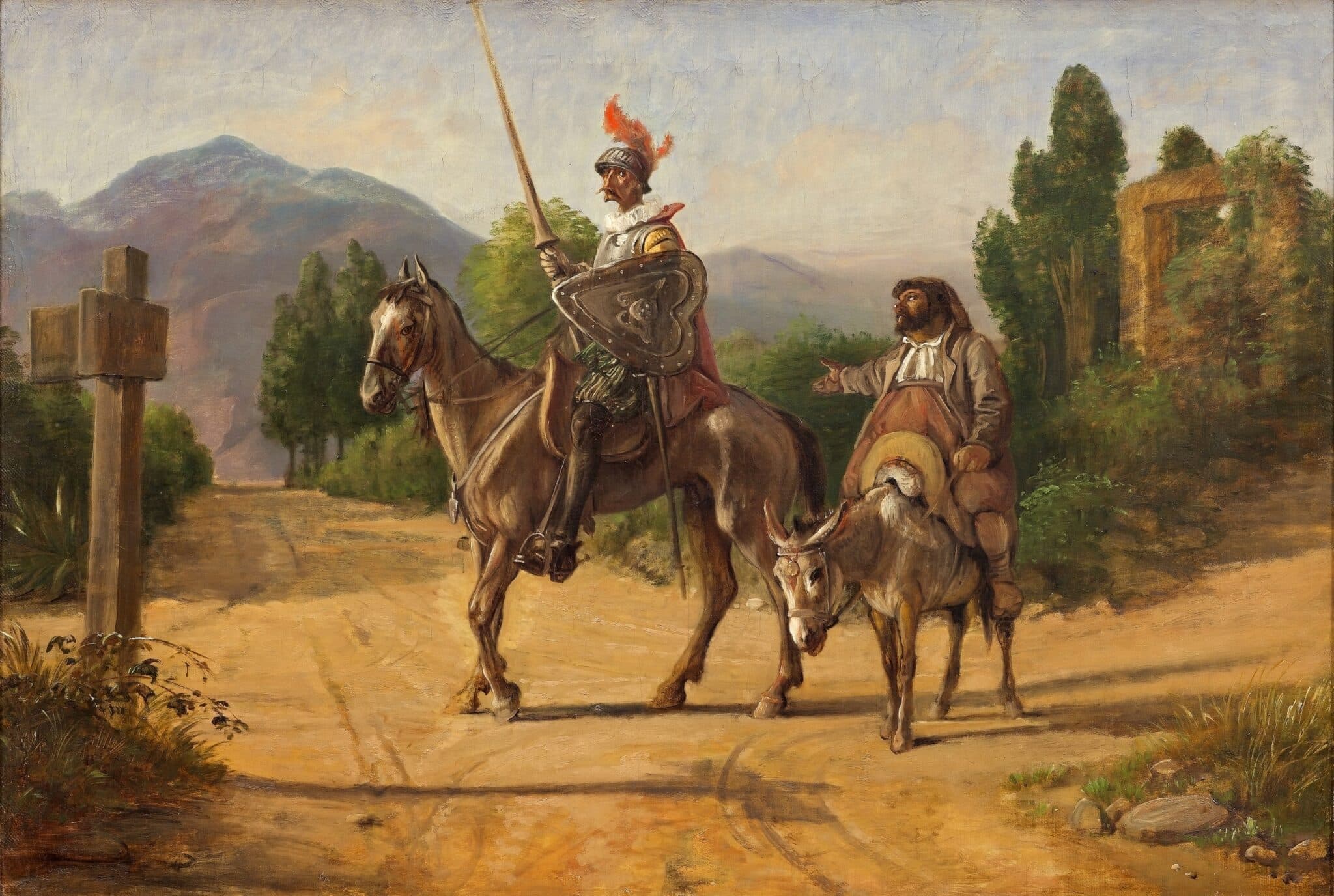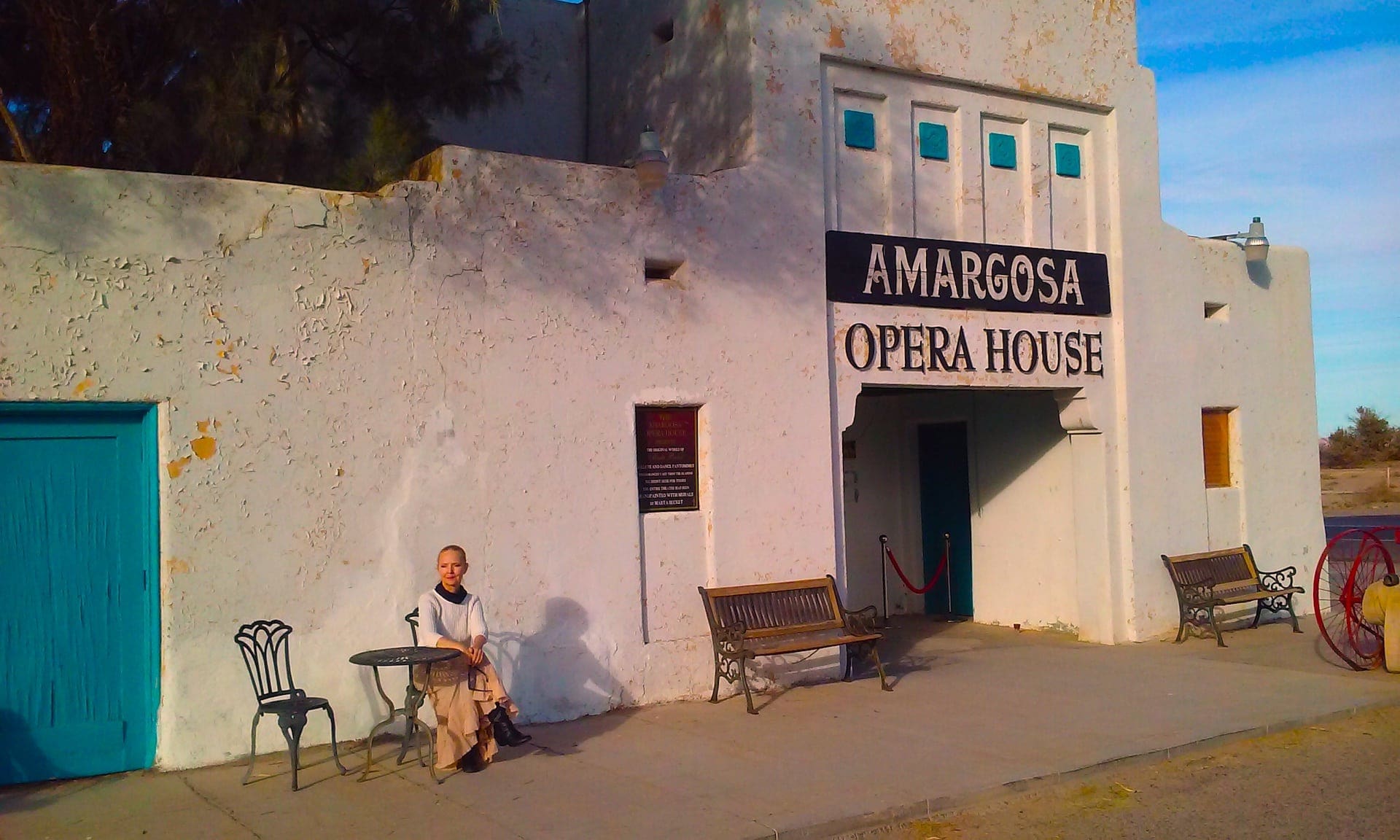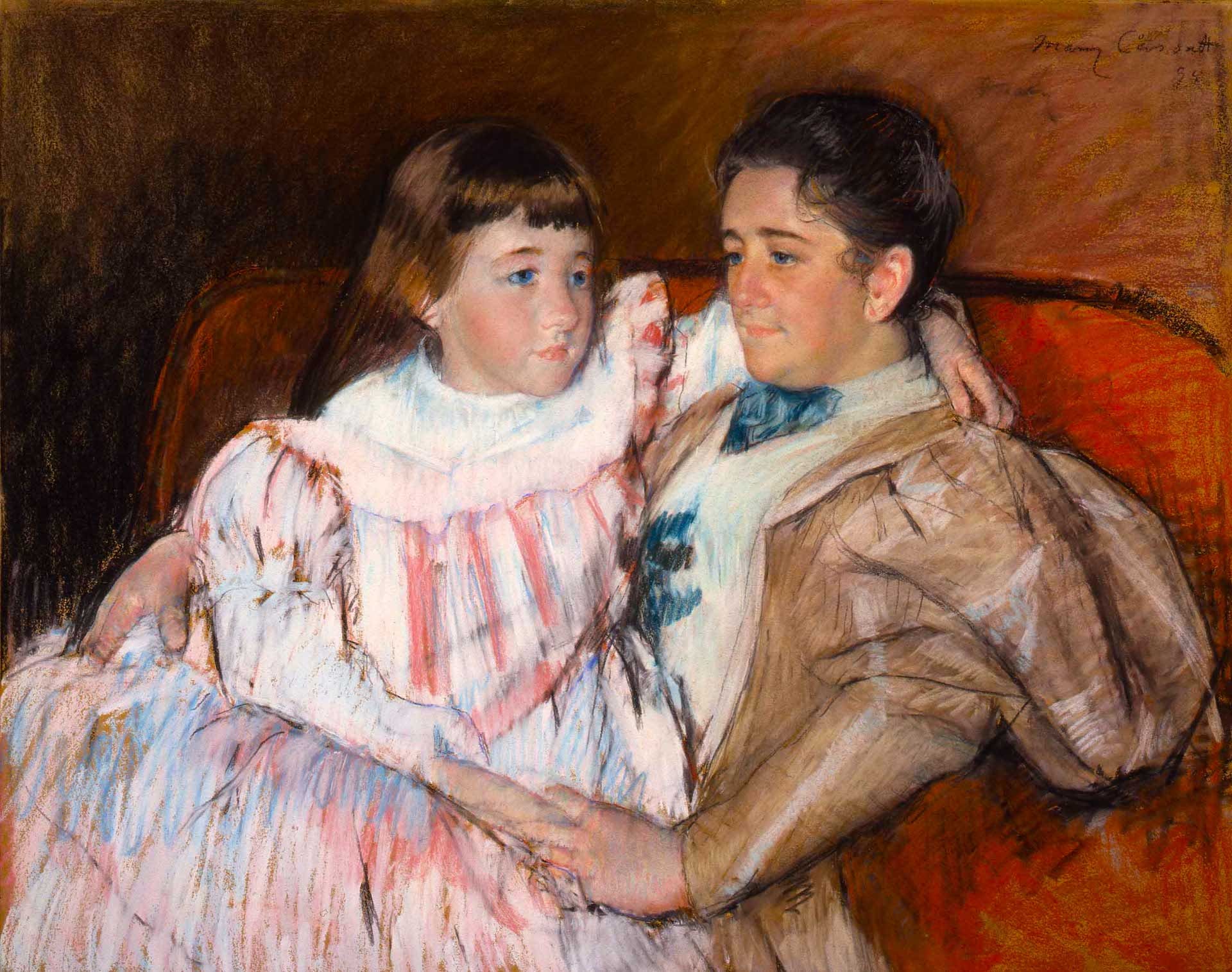”I still aim to engage in the process of life, commit to a meaningful purpose, and structure my life around an intrinsically satisfying activity. For me, I will continue writing as a way to make sense of what it means to be alive.”
"She needs to be an artist to be an artist-teacher in adult community learning. She needs to do both to become the best she can be."
"Unspeakable is a consideration of the silencing effects of stuttering, political censorship, unspeakable wartime atrocities, and the silent communication within virtual relationships."
"When a favorite perfume ceases to exist, it is another kind of death. Having been created, it leaves a special sort of emptiness," from Eulogy for a Perfume.
Autoethnographic Literary Nonfiction: I Just Want to Go Home – Moving, Loss and Unacknowledged Grief
"Moving away from a beloved home at a tender age was traumatizing, in part, because that home was the only place in which I felt safe."
"And these are the things I carry: the memories of those gone before us; the names of those entrusted to me to care for."
"Have you ever crossed the desert in a circus train? I took such a detour—by choice— in 1978 when I hung up my pointe shoes to ride an elephant named Peggy."
In this new issue from The AutoEthnographer, we follow a ballerina through the desert, glimpse into the funeral industry, and process parental grief.
I write of parental grief & my mother's sweater as a comfort to me, exploring cultures of grief where pain meets love and love meets pain.
”As of January, 2022 The AutoEthnographer Literary & Arts Magazine is recognized by the United States Internal Revenue Service as a registered nonprofit organization with the mission of becoming a trusted, open-source platform to share and educate readers about evocative personal inquiry, to support emerging authors and artists, to promote cultural diversity and appreciation, and to celebrate creative expression as a vehicle for shared understanding.”
"Ami Tau Ami (I Am Who I Am), is a story about a mother letting go of her own dreams but passing it to her daughter, as my mother did for me."
I pay homage to Nina Simone’s already iconic and thorough exploration of stereotypes by setting the project to the song “Four Women.”













